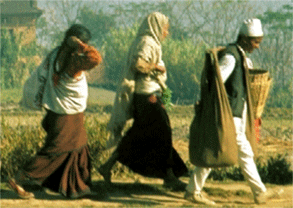Resource Spotlight: Increasing Access to Health Workers in Remote and Rural Areas through Improved Retention

The World Health Organization (WHO) is implementing a program to address the issue of inequitable distribution of health workers in remote and rural areas. Increasing access to health workers in such underserved areas will help countries improve their health outcomes, based on the values, principles and approaches of primary health care. Currently, there is a lack of specific operational solutions and recommendations that countries can adapt to their specific context to respond to this challenge. WHO’s program aims to provide up-to-date and evidence-based recommendations to member states on effective strategies that can be employed to ensure health workers are where they are most needed in a sustainable manner.
This background paper and presentation serve as documentation for the first expert meeting for developing the evidence-based recommendations for increasing access to health workers in remote and rural areas through improved retention. It is intended to provide an overview of the issues, challenges and potential solutions to the problem of inequitable access to health workers in remote and rural areas. [adapted from introduction]
View the background paper.
View the presentation.
View the global policy recommendations.
The HRH Global Resource Center has other resources on this topic including:
- Evaluating and Designing Policy Options for Rural Retention: Some Insights from Niger
- WHO Programme on Increasing Access to Health Workers in Remote and Rural Areas through Improved Retention
- Retention of Health Workers with a Focus on Rural Areas
For additional resources on this topic, visit the Rural/Urban Imbalance subject category.
Past Resource Spotlights
- 6665 reads




